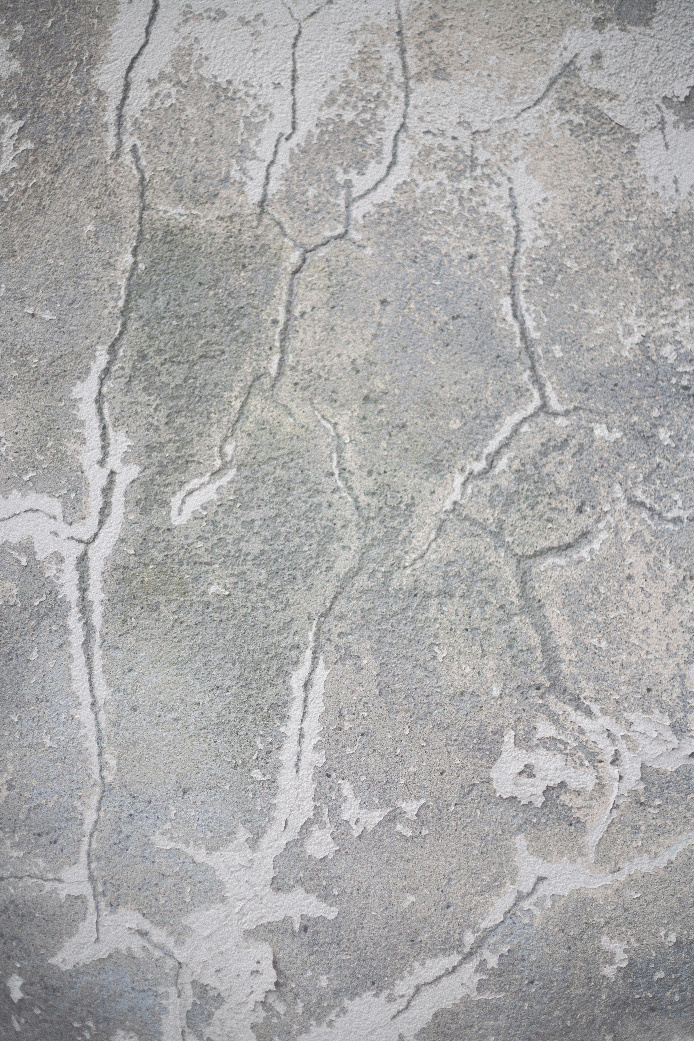Cracks Unveiled: Understanding the Hidden Causes and Solutions for Concrete Damage
Concrete, often considered the backbone of modern construction, is not invincible. Over time, it can develop cracks and imperfections, compromising its structural integrity and aesthetic appeal.
Therefore, you need the expertise of a commercial restoration company like us. At AMN Masonry, we offer concrete repair & restoration services in multiple areas of Massachusetts. We have the expertise in handling concrete damage issues professionally thanks to our 13 years of experience.
5 Common Causes of Concrete Damage:
1. Shrinkage Cracks:
One of the most common types of concrete cracks, shrinkage cracks, occur during the curing process as water evaporates from the concrete. To minimize this, experts recommend proper curing techniques such as covering the surface with wet burlap or applying curing compounds.
2. Settlement:
Uneven settlement of the ground beneath a concrete structure can lead to cracks. Factors such as soil consolidation, inadequate compaction, or changes in moisture content can contribute to settlement. Ensuring proper site preparation and compaction is crucial in preventing this type of damage.
3. Freeze-Thaw Cycles:
Particularly relevant in colder climates, freeze-thaw cycles can cause concrete to expand and contract, leading to surface cracks. Adding air-entraining admixtures to the concrete mix can enhance freeze-thaw resistance, reducing the risk of damage.
4. Chemical Corrosion:
Exposure to harsh chemicals, such as de-icing salts or acidic substances, can corrode the concrete surface, leading to cracks and deterioration. Using chemical-resistant sealers and ensuring proper drainage can help mitigate the impact of chemical corrosion.
5. Overloading:
Exceeding the designed load-bearing capacity of a concrete structure can result in cracks and structural failure. Regular inspections and adherence to weight limits are essential in preventing damage caused by overloading.
Effective Repair Strategies:
1. Epoxy Injection:
For small cracks, epoxy injection is a popular and effective repair method. This involves injecting epoxy into the crack to bond and seal it, restoring the concrete's strength and preventing further damage.
2. Polyurethane Sealants:
Flexible and durable, polyurethane sealants are suitable for repairing cracks that may expand and contract. They provide excellent adhesion and weather resistance and are easy to apply.
3. Concrete Resurfacing:
For larger areas of damage, concrete resurfacing can be a viable option. This involves applying a thin layer of new concrete over the existing surface, providing a fresh and durable finish.
Benefit From Expert Concrete Repair Services By AMN Masonry
Revive your commercial space with AMN Masonry, your go-to commercial restoration contractors in Boston, Wellesley, Newton, Framingham, Lexington, Waltham, Concord, and surrounding areas in Massachusetts.
Our expert team specializes in concrete repair services, addressing concrete damage with precision. We have been the trusted choice for concrete repair for over a decade.
Contact us today for top-notch concrete solutions that stand the test of time.

